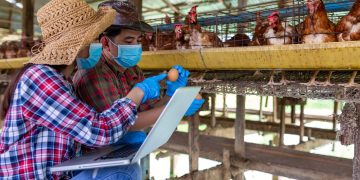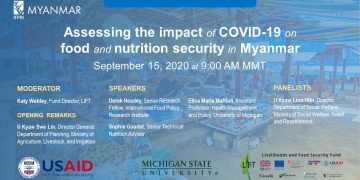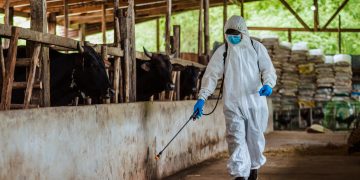Although poultry demand is returning to normal, farms around Yangon are still facing challenges due to the COVID-19 pandemic. Learn more about our recommendations to help Myanmar poultry farmers adapt to COVID-19.
To assess the economic and food and nutrition security impacts of COVID-19 in Myanmar, IFPRI-Myanmar developed and implemented the Rural-Urban Food Security Survey (RUFSS), a household phone survey of approximately 2,000 mothers in urban and peri-urban Yangon, Myanmar’s largest city, and in the rural Dry Zone, an agricultural production area in the center of Myanmar. RUFSS was initiated in June 2020.
What are COVID-19’s impacts on food and nutrition security in Myanmar?
The economic impacts of COVID-19 are threatening the food security of vulnerable households. In this policy seminar, Myanmar policymakers and development partners discuss the current welfare of Myanmar households and highlight the positive impacts of maternal and child cash transfers on nutritional care.
The impacts of COVID-19 on household incomes and poverty in Myanmar
COVID-19 and policy measures to contain the spread of the virus around the world have interrupted global and domestic economic activities and trade flows. In this publication, IFPRI-Myanmar assesses the shocks of COVID-19 on Myanmar livelihoods.


